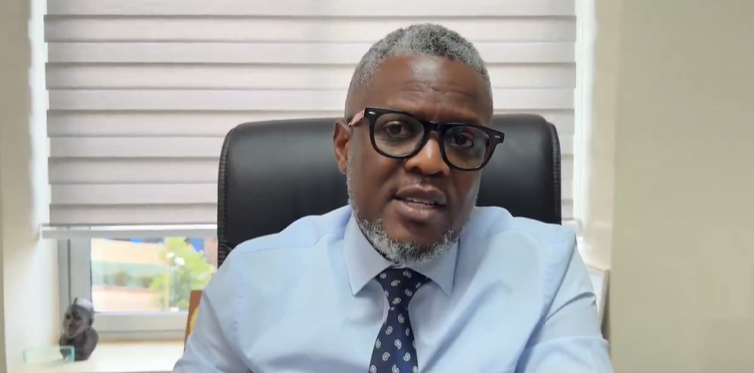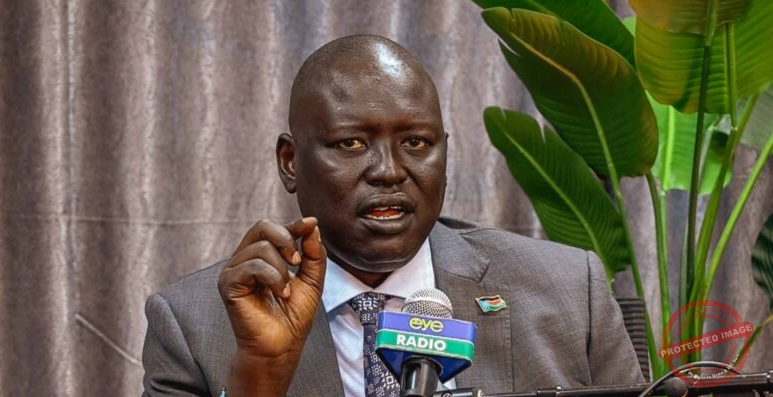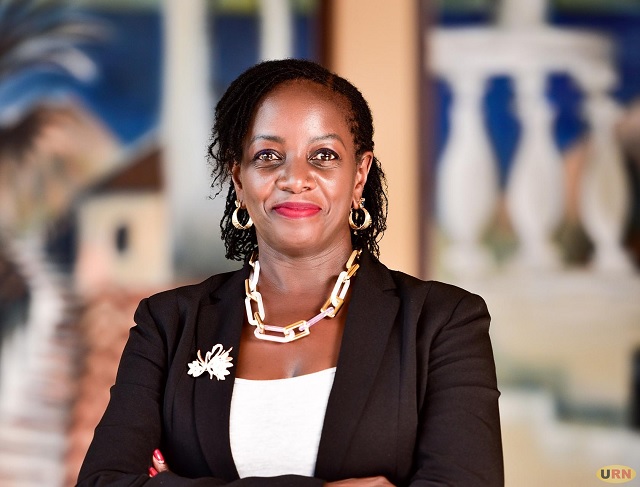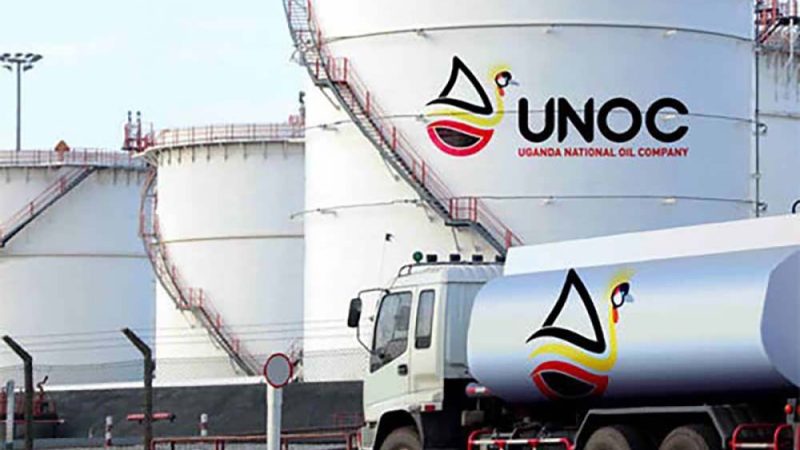State Minister for Energy, Okaasai Sidronius Opolot has tasked the new Board of Directors of the Petroleum Authority to ensure that Uganda begins oil flow by 2025.
Okaasai Opolot made the call on Friday while presiding over the inauguration of the new PAU board that is to be headed by Lynda Biribonwa. The seven-member person board is the third to be appointed since the Authority was founded in 2015.
The Petroleum Authority of Uganda is charged with regulating and monitoring the Petroleum sector in Uganda.
The Ministry of Energy and the Petroleum Authority of Uganda (PAU), the oil sector regulator, and the oil companies have promised Ugandans that commercial oil production will start in the fourth quarter of 2025. However, there have been concerns that Uganda has taken almost twenty years to get the oil flowing after commercial oil reserves were discovered in the Albertine.
Now the Minister wants the regulatory body to ensure the first oil is out as promised. “First oil out. This is the challenge. For the chair, she delivered the Final Investment Decision (FID). For the new assignment, we want the oil out. And this is the assignment for the new board. We shall be proud when you deliver it,” he said.
Lynda Biribonwa’s Board takes over from the one formerly headed by Dr. Jane Nambakire Mulemwa. Under Dr. Jane Mulemwa, the Petroleum Authority managed to regulate the sector including the commencement projects like the King Fisher project under CNOOC, the Tilenga project under TotalEnergies, and the East Africa Crude oil among others.
The new board chaired by Lynda Biribonwa includes Professor Vincent Bagire, Oduka Ochan Achan Mary, Solome Galiwango, Innocent Kihika, Adrian Bukenya, and Bernard Ongodia. Lynda Biribonwa, in her acceptance speech, described the new role as crucial, challenging, and exciting responsibility of overseeing the role of regulating oil and gas.
“I’m confident that together we will fulfill this mandate will diligence and dedication,” she promised.
Lynda Bribonwa, Innocent Kihika, and Bernard Ongodia are serving their second and last four-year term.
The Ministry of Energy Permanent Secretary, Engineer Irene Bateebe affirmed that the selection of the board in a way that there should be continuity of the board function. She said the new board is likely to face financial and staffing challenges.
She said so far, the Petroleum Authority has 2015 members of staff yet its structure provides for 2077 positions.
“We hope that together with the Ministry of Finance, we shall be able to overcome those challenges,” said Bateebe who commended the outgoing board for ensuring that the oil companies abide by the rules. “I have interacted with staff from CNOOC that told me that because of the insistence by the Petroleum Authority, the majority of the staff there are Ugandans,” she reported.
Bribonwa noted that her board comes in at a crucial time following the advent of the Final Investment Decision and the push towards first oil.
“I’m confident that the board will exercise its mandate to ensure the objectives of the authority are met in regulating and monitoring the oil and gas sector. Especially we will ensure continuity of the board affairs,” Biribonwa promised.
Approximately 1.4 billion of Uganda’s 6.5 billion barrels of proven oil reserves, located mostly on its western border with the DRC, are estimated to be economically recoverable. The Minister however hinted at the likelihood that more oil would be recovered from the reserves than previously thought. Currently.
CNOOC and TotalEnergies are drilling in the Kingfisher and the Tilenga areas respectively. Okasaai did not delve into the details of what is being observed from the drilled wells.
“Major works have taken place; the Final Investment Decision was made. I wish to thank those who were there. I wish to congratulate them, the drilling is taking place. The reports, which I am getting from the CEO is that we expect more than what we have” said Okasaai. Guard Against Corruption
According to Okasaai Opolot, huge resources are expected and therefore that could be a temptation of corruption. “I wish to warn you that you are coming in at a time. When everybody is looking at how this country is going to transform. And you are also coming in at a time when the country is talking about corruption. We are entrusting you this sensitive sector and I know that there will be so many temptations and everyone is going to look on you,” guided Okasai who also asked the board to ensure that appointments to the Authority are done on merit.
The oil is expected to earn the country about $6.28b per year, which will turn around its fortunes over 25 years.
A book titled “ Mining for Change: Natural Resources and Industry in Africa in 202o noted that an average of US$38 per capita per year over a thirty-three-year period, oil revenue by itself will not be transformational for the Ugandan economy but it could provide a welcome boost.
The Ministry’s Permanent Secretary, Irene Bateebe said when the oil laws were put in place, the government foresaw strong institutions to support the efficient management of oil and gas resources.










